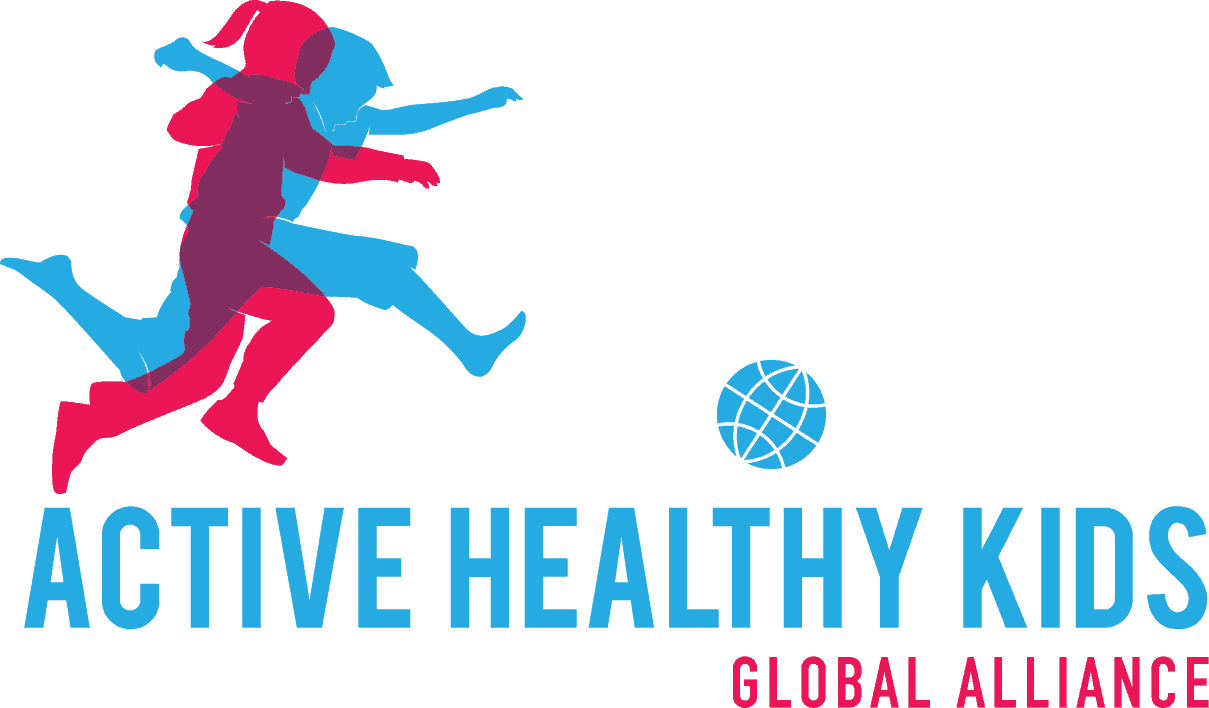
24 Sep The JEDI Committee’s Guidance on Inclusion Items for the Global Matrix 5.0
The Justice, Equity, Diversity, and Inclusion (JEDI) Committee is the newest committee formed ahead of the Global Matrix 5.0 Initiative. Its mission is to stay current on emerging evidence, trends, and best practices from equity-deserving/-denied/-seeking groups. The Committee aims to advise the AHKGA Board of Directors on effectively incorporating JEDI principles and perspectives into all aspects of the Global Matrix initiative and its related activities.
JEDI encourages all Report Card leaders and groups to include data on children and adolescents with equity-deserving/-denied/-seeking groups* in their Physical Activity Indicator grading strategies. This includes populations such as those with disabilities, gender and sexual minority groups, racialized groups, Indigenous peoples, and other minorities.
To ensure a harmonized approach while keeping JEDI principles at the front and center, the AHKGA is requesting that all participating countries in the Global Matrix 5.0 report their data wherever possible:
- Stratify data by sex or gender,
- Use the best available evidence for any disability groups** for as many Indicators as possible, and
- Include any additional detailed characteristics present in their data, such as information on gender and sexual minority groups, racialized groups, Indigenous peoples, and other minorities.
Questions regarding the interpretation or implementation of JEDI principles in the Report Card process can be directed to the JEDI Committee Chair, Dr. Cindy Sit (sithp@cuhk.edu.hk).
Notes:
*Equity-deserving/-denied/-seeking groups – refer to those marginalized or constrained by existing structures and practices (UNESCO IESALC, 2022).
**Disability – refers to those with functional difficulties in different domains, including vision, hearing, mobility, communication/comprehension, behaviour and learning, self-care, remembering focusing attention, coping with change, relationships and emotions (5-17 years) (Washington Group/UNICEF, 2016).
References:
UNESCO International Institute for Higher Education in Latin America and the Caribbean. (2022). The right to higher education: A social justice perspective. https://unesdoc.unesco.org/ark:/48223/pf0000381750
Washington Group/UNICEF. (2016). Washington Group on Disability Statistics – The Washington Group/UNICEF Child Functioning Module (CFM) – Ages 5-17 years. https://www.washingtongroup-disability.com/question-sets/wg-unicef-child-functioning-module-cfm/
Photo by Norma Mortenson on pexels.


